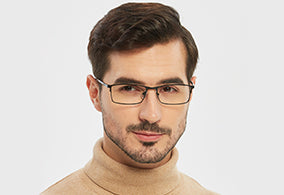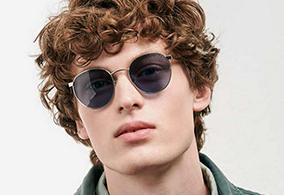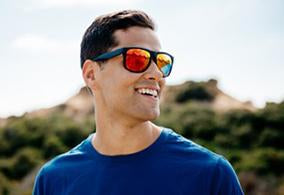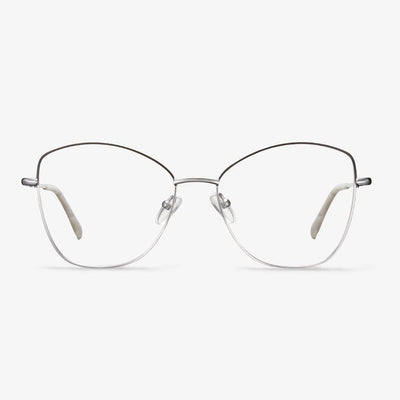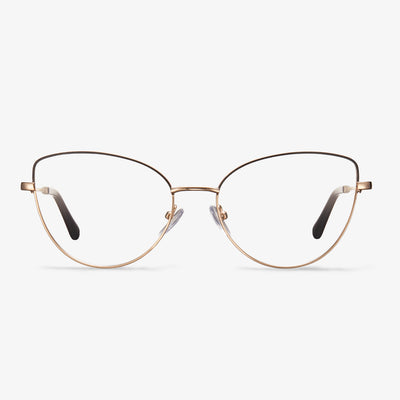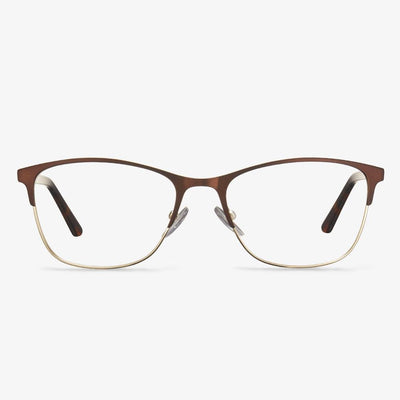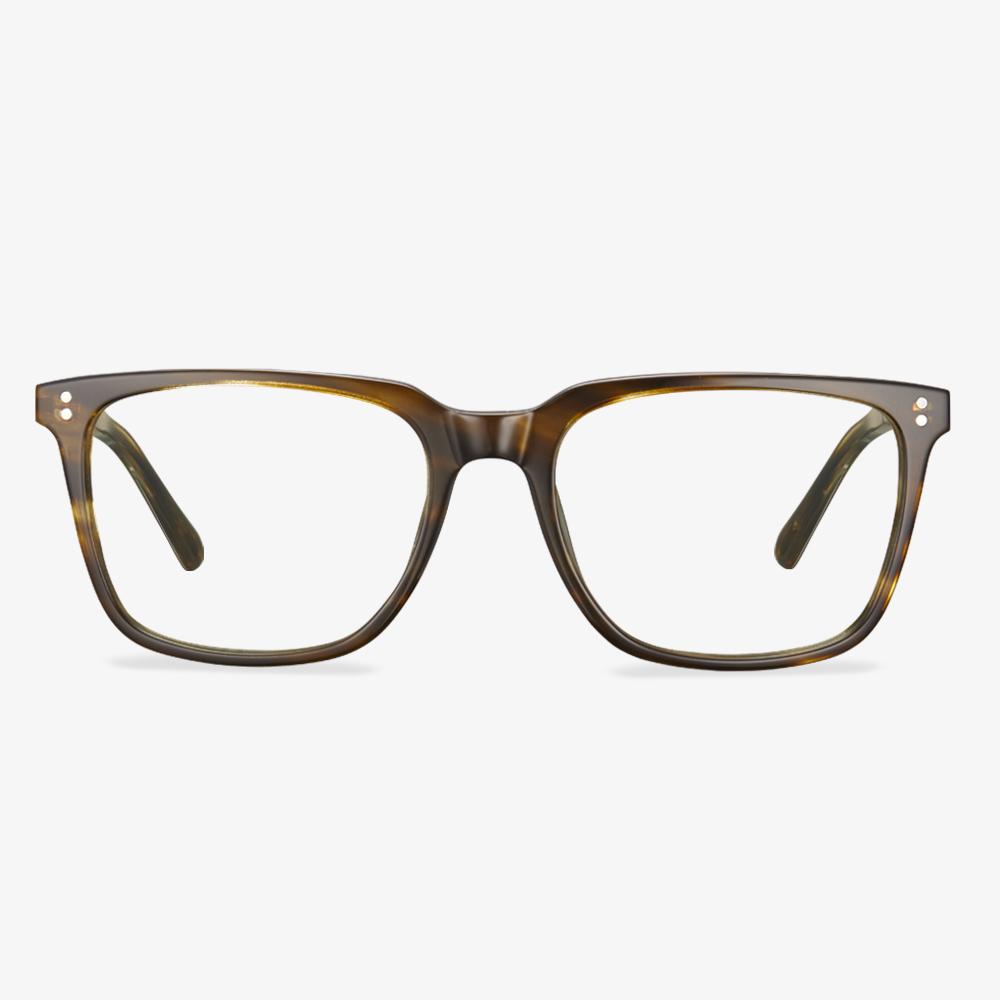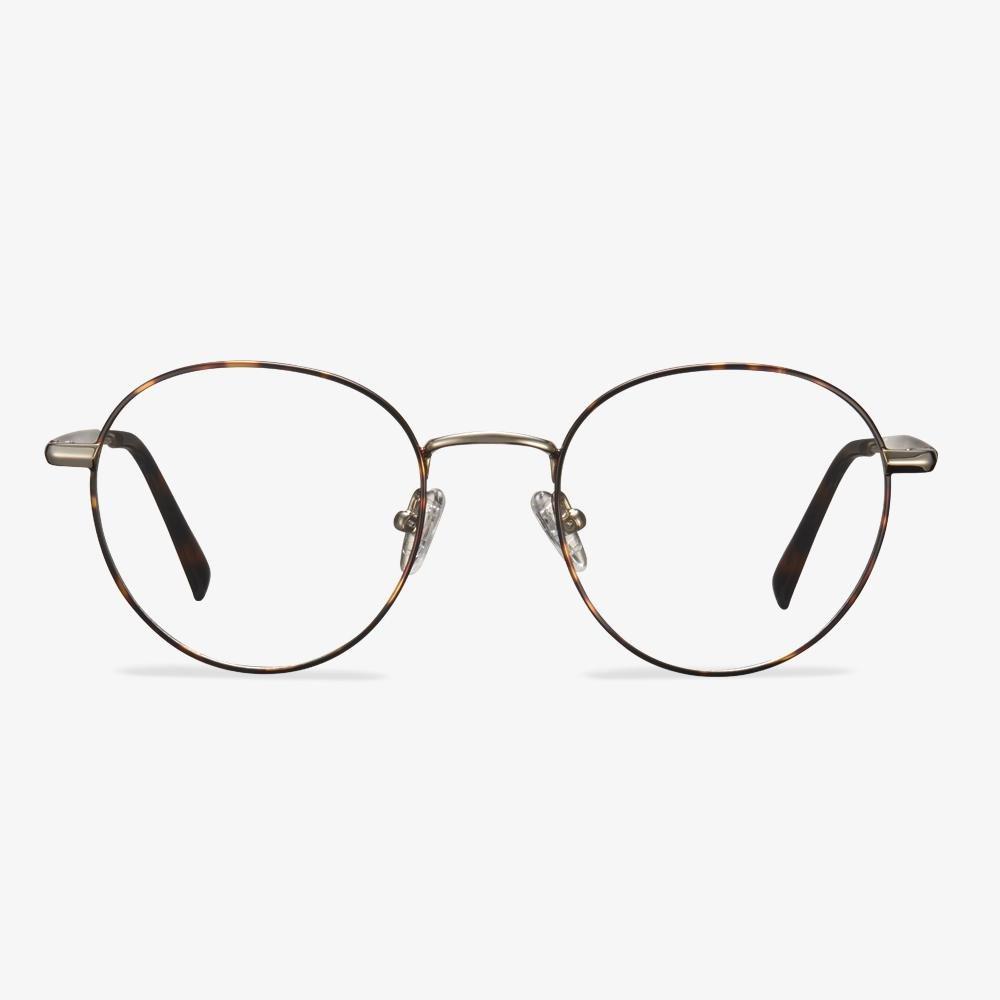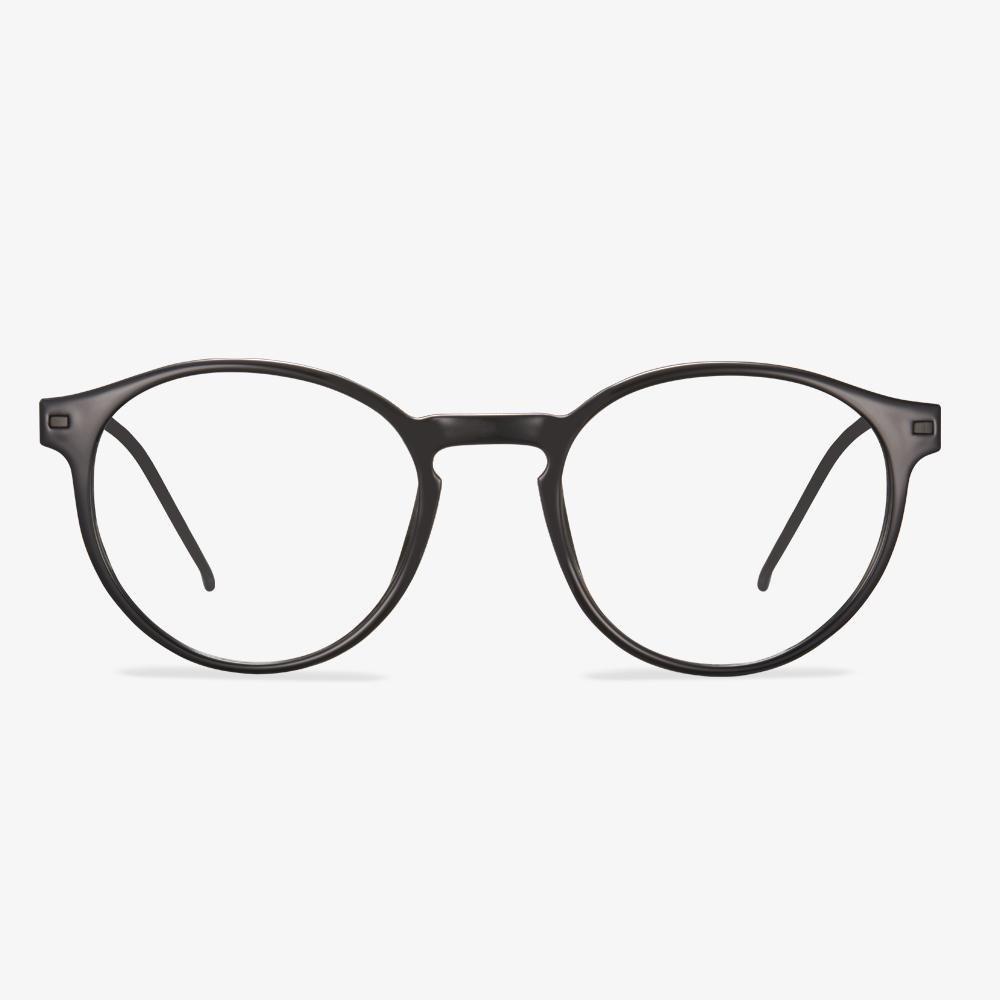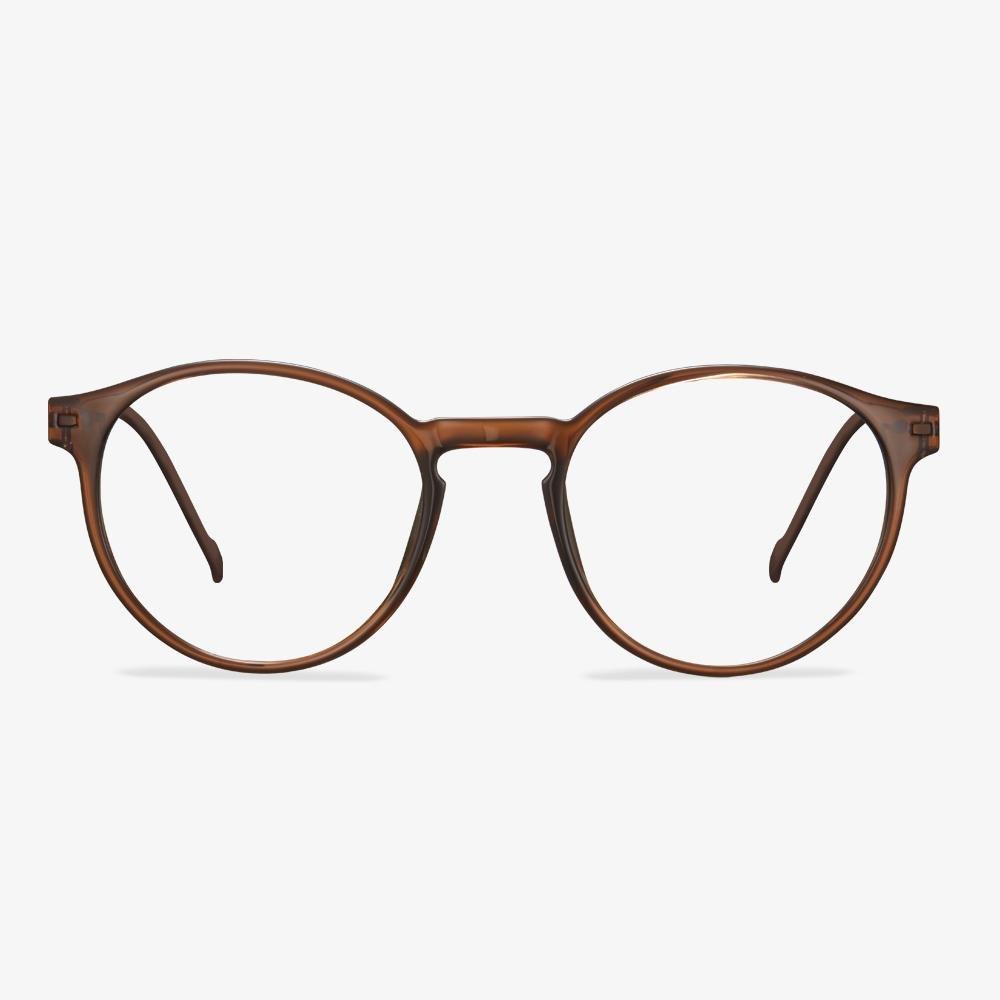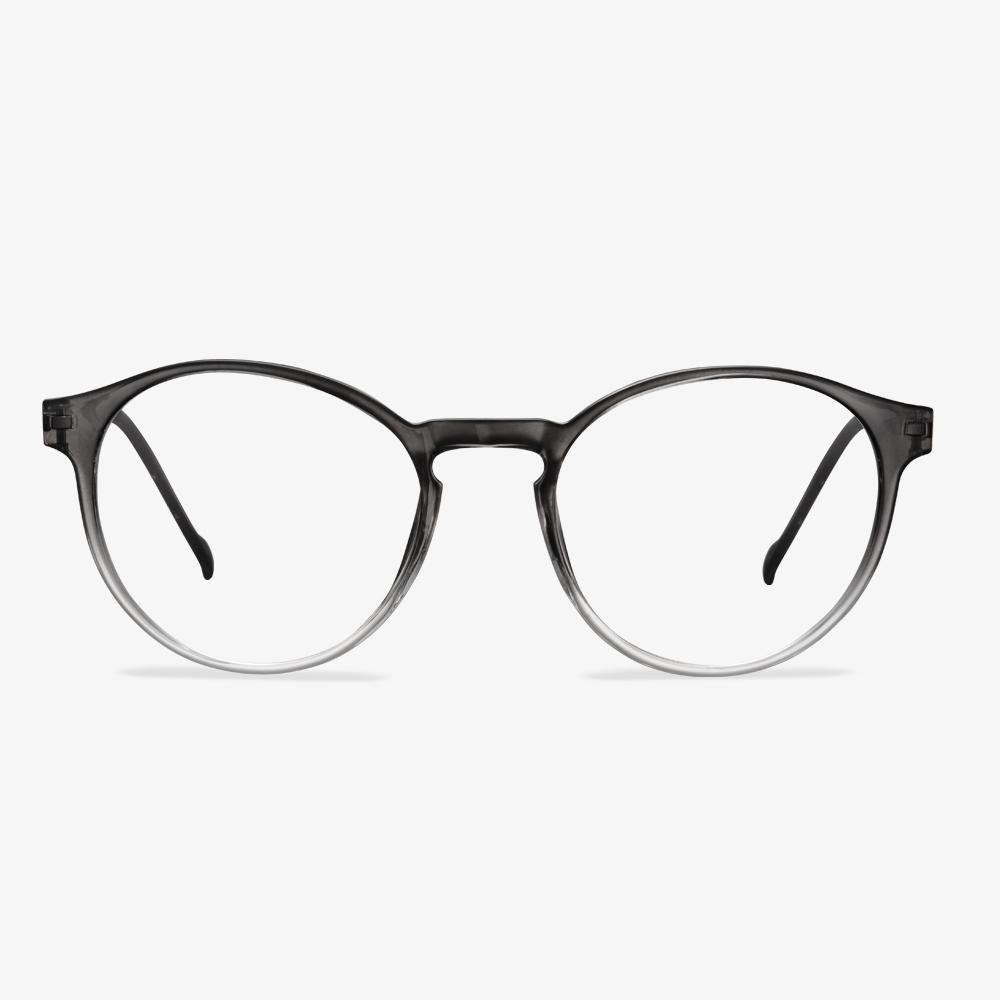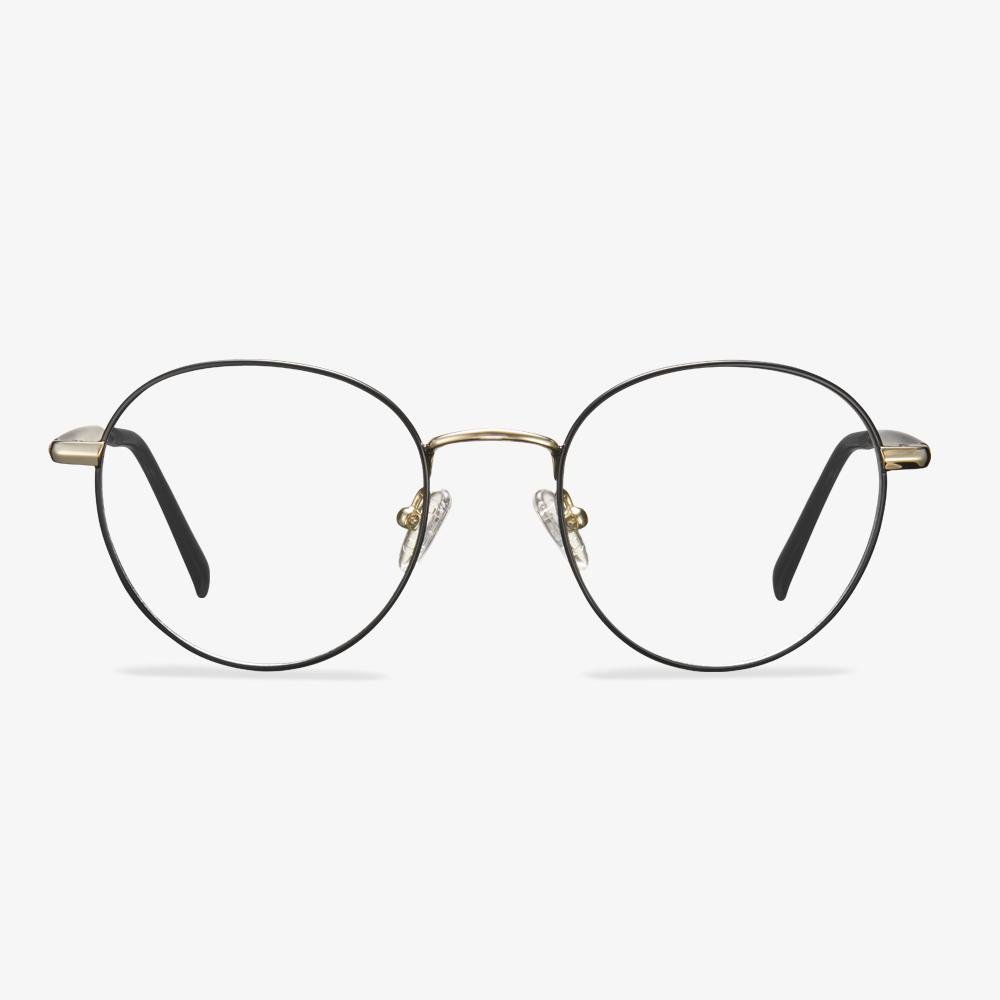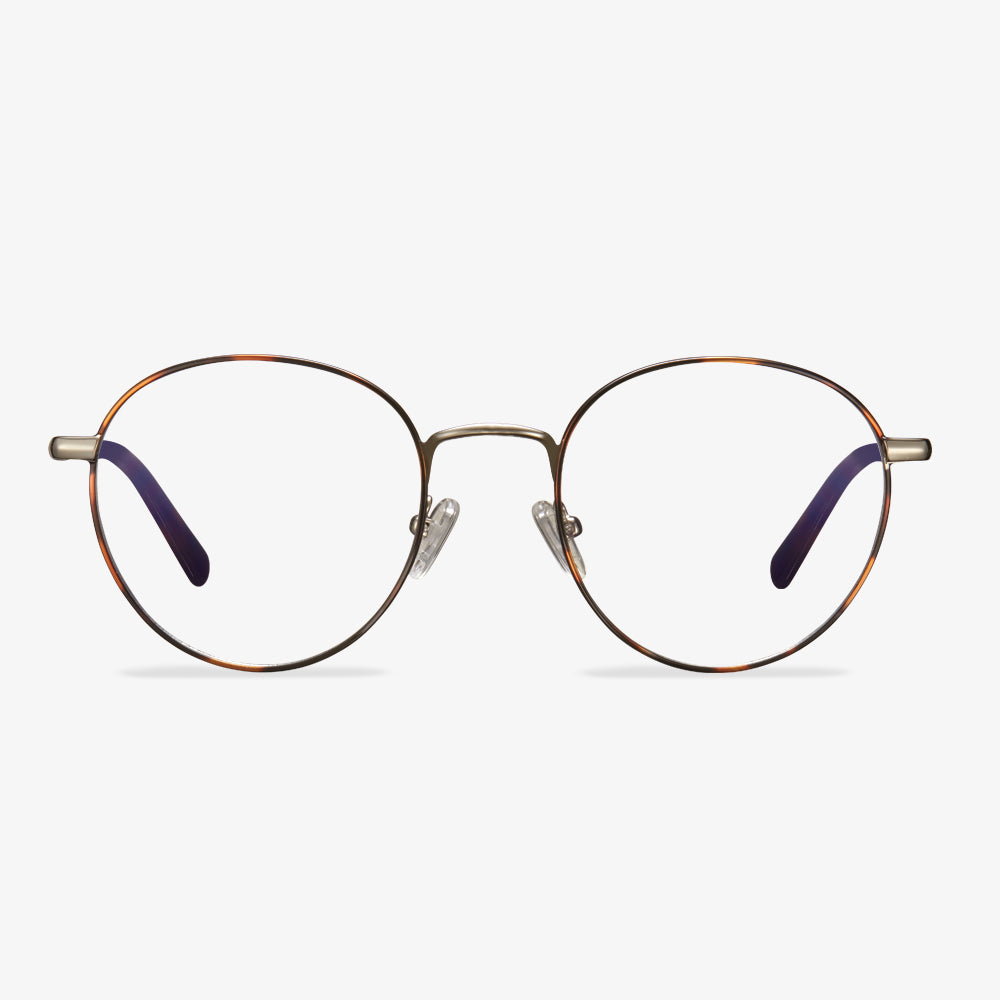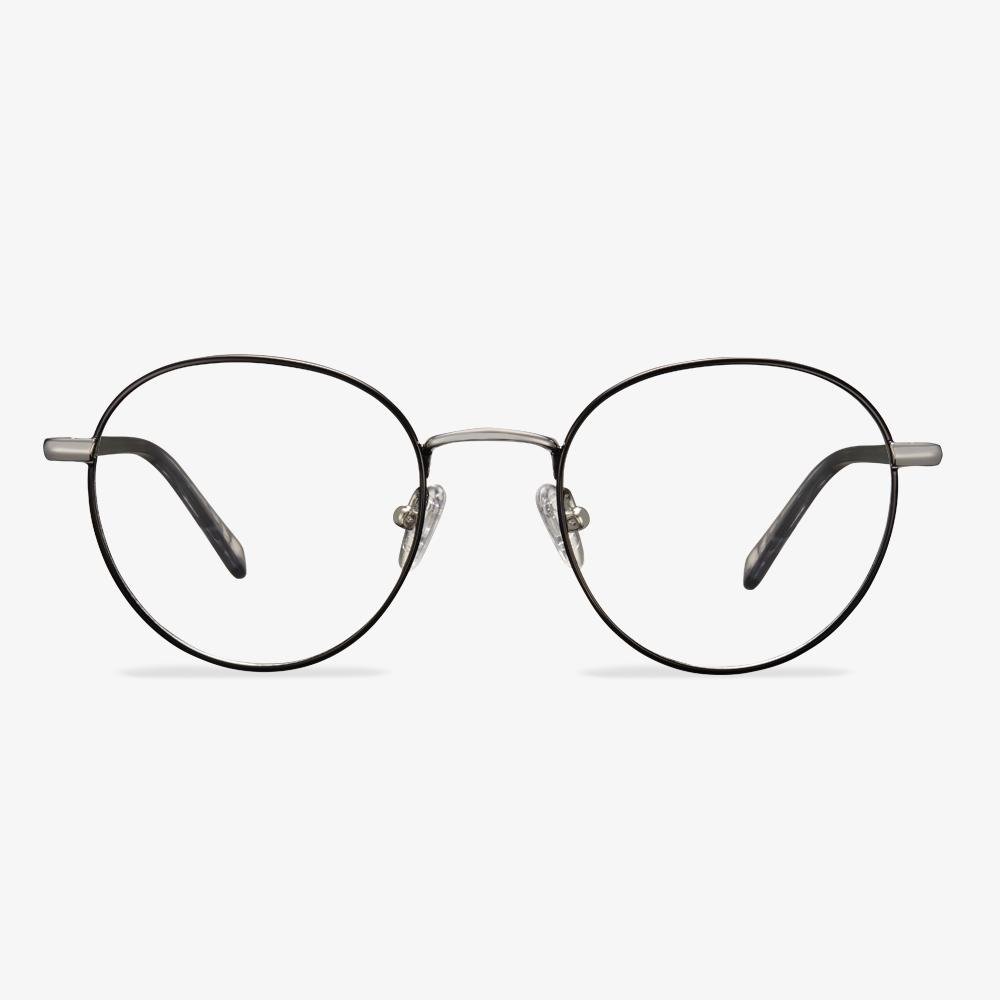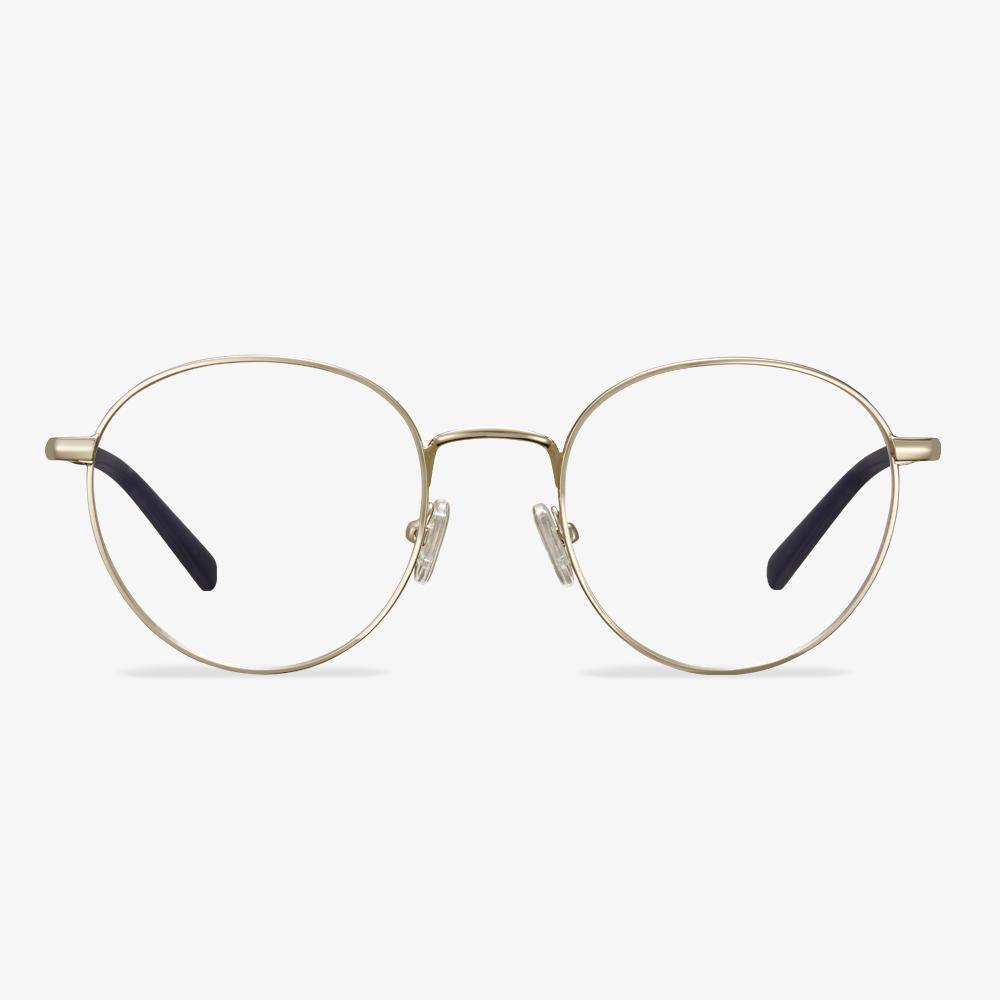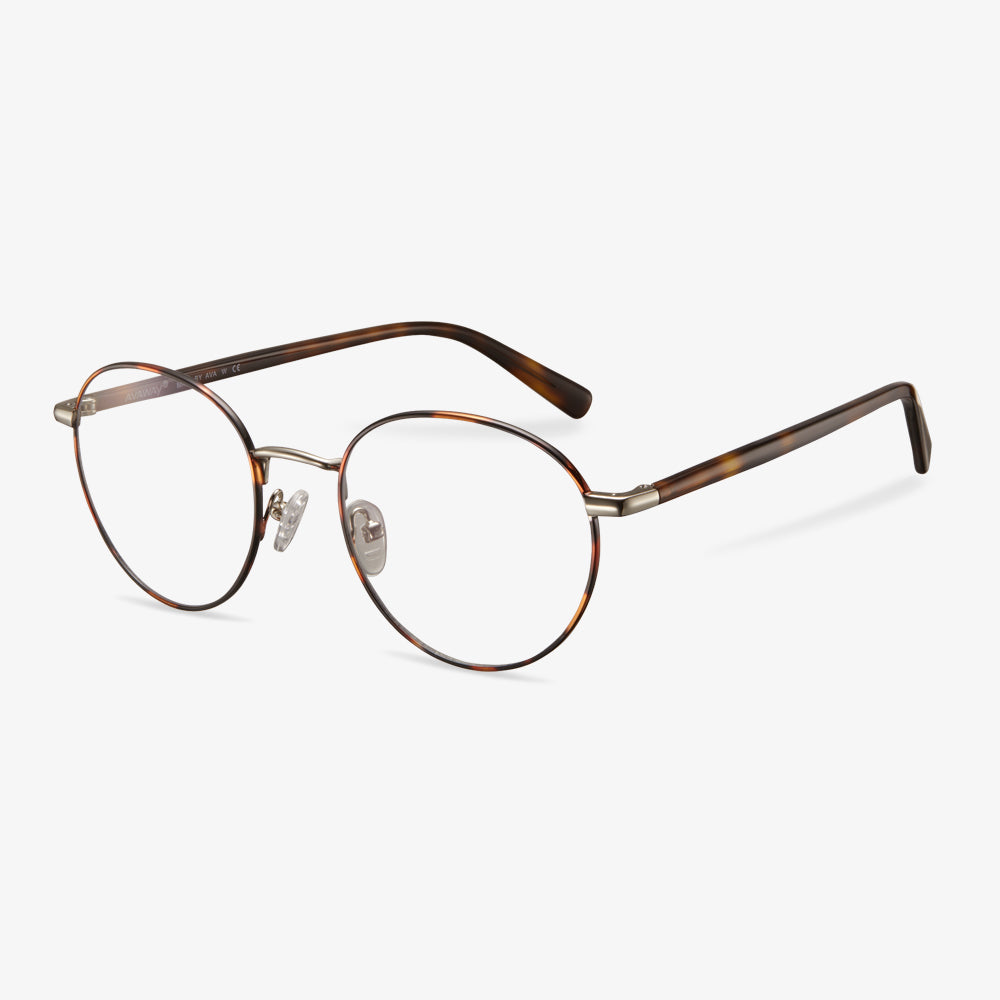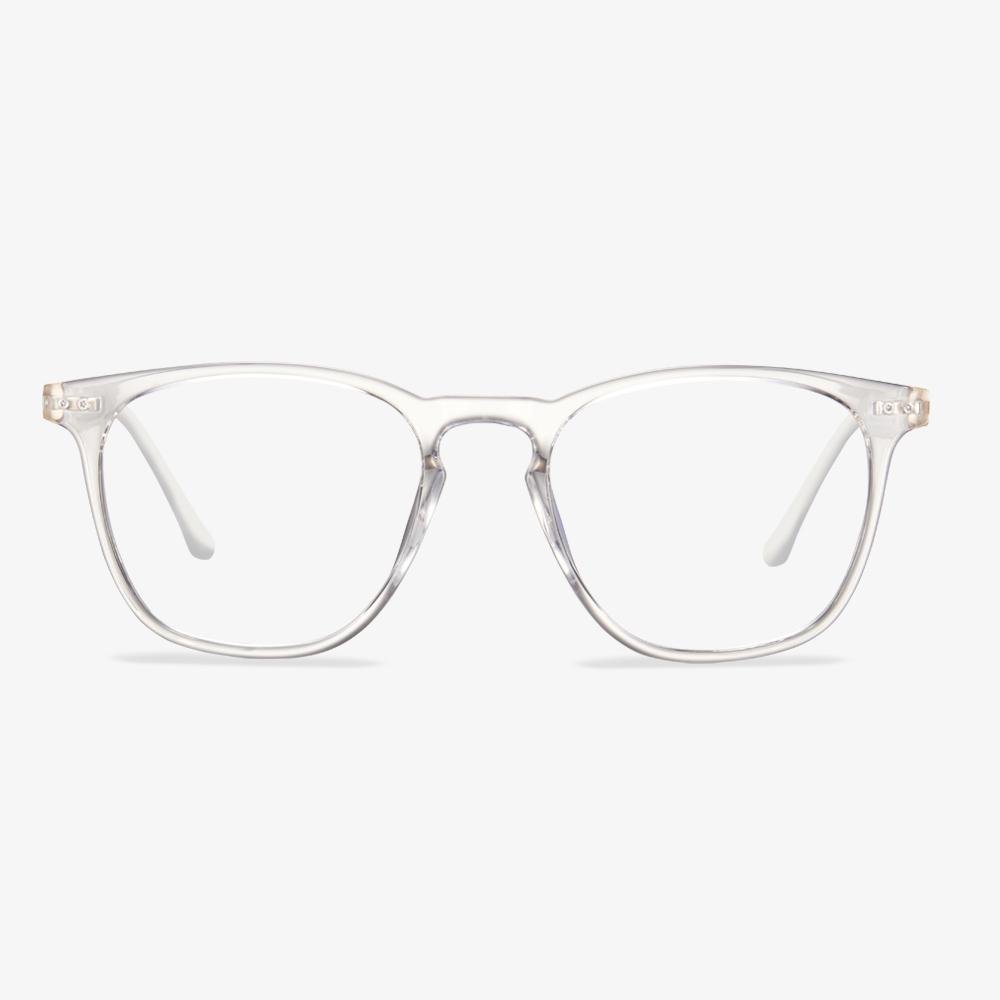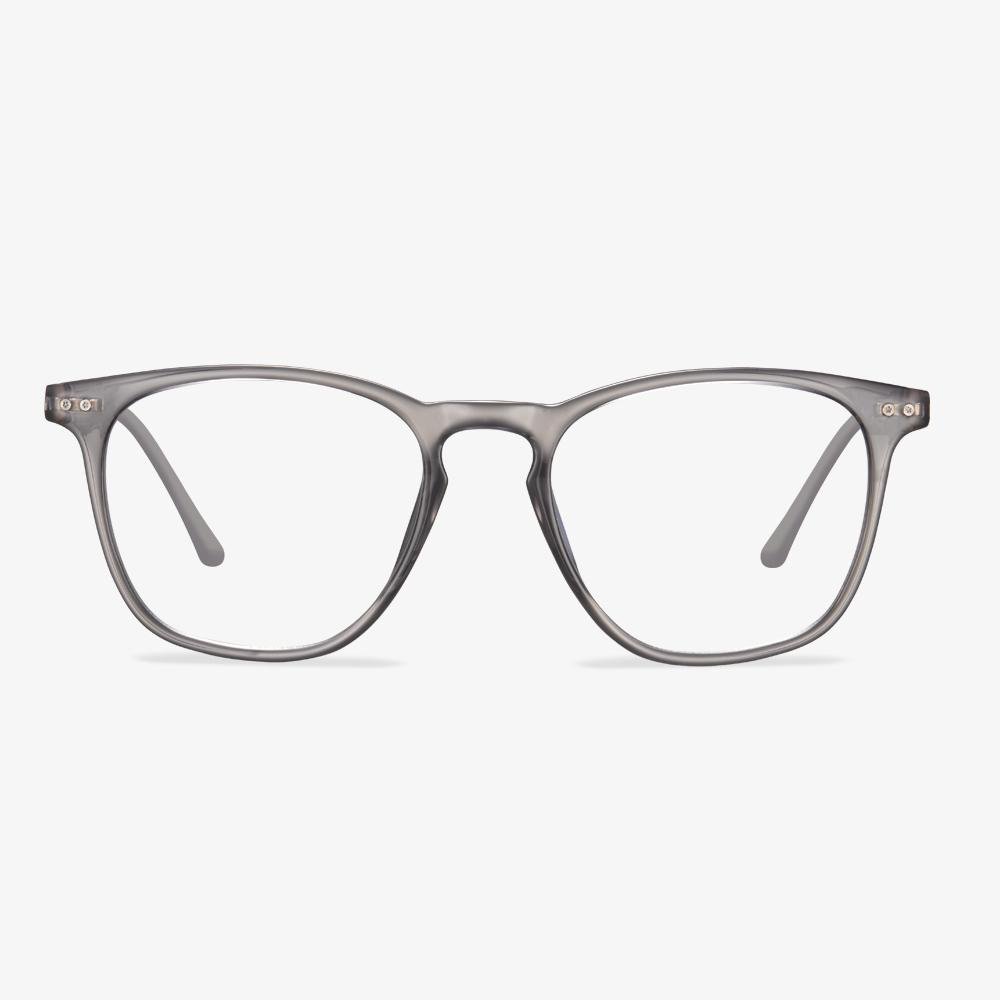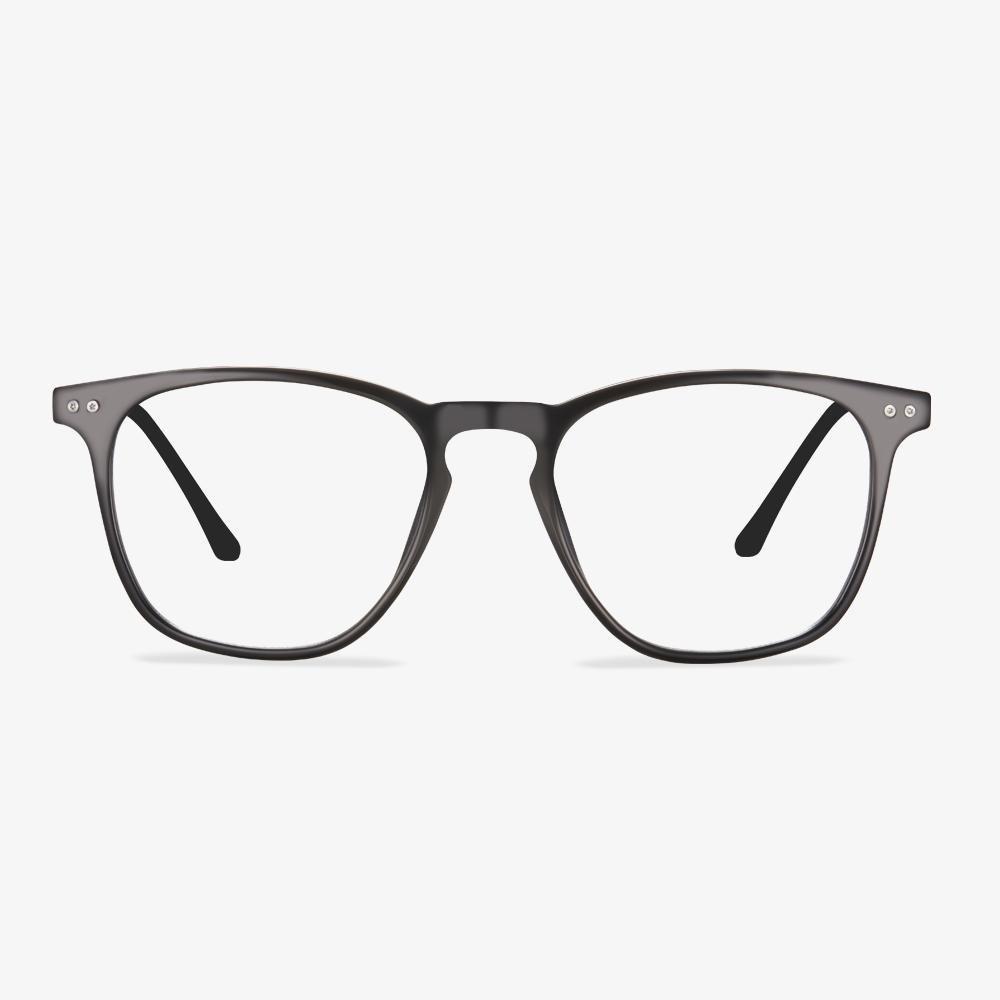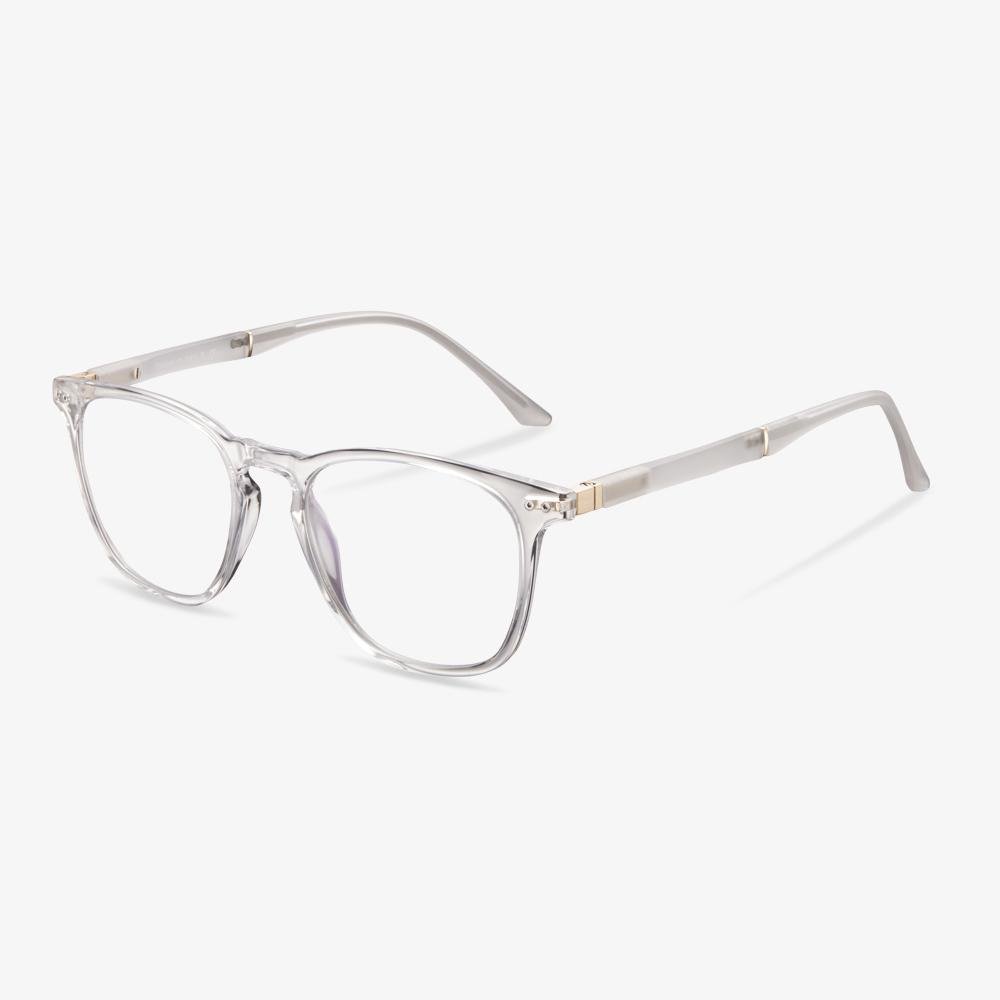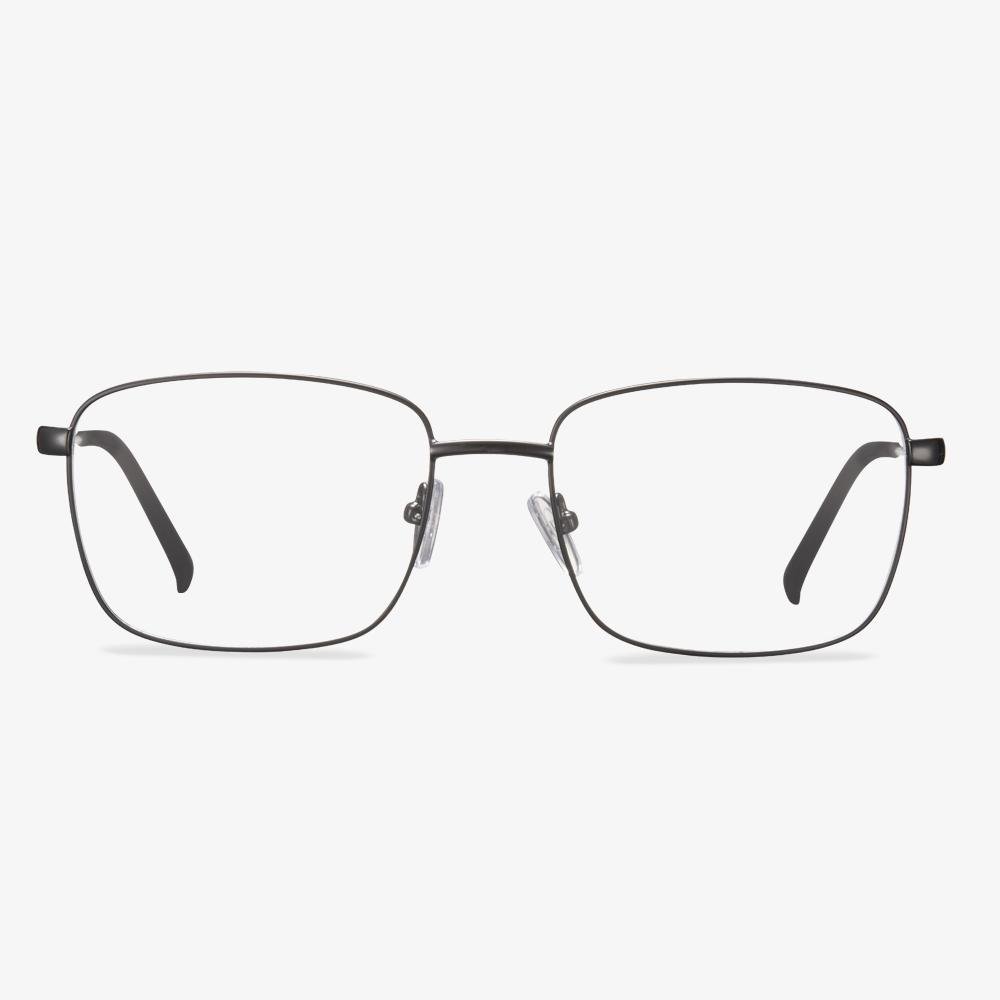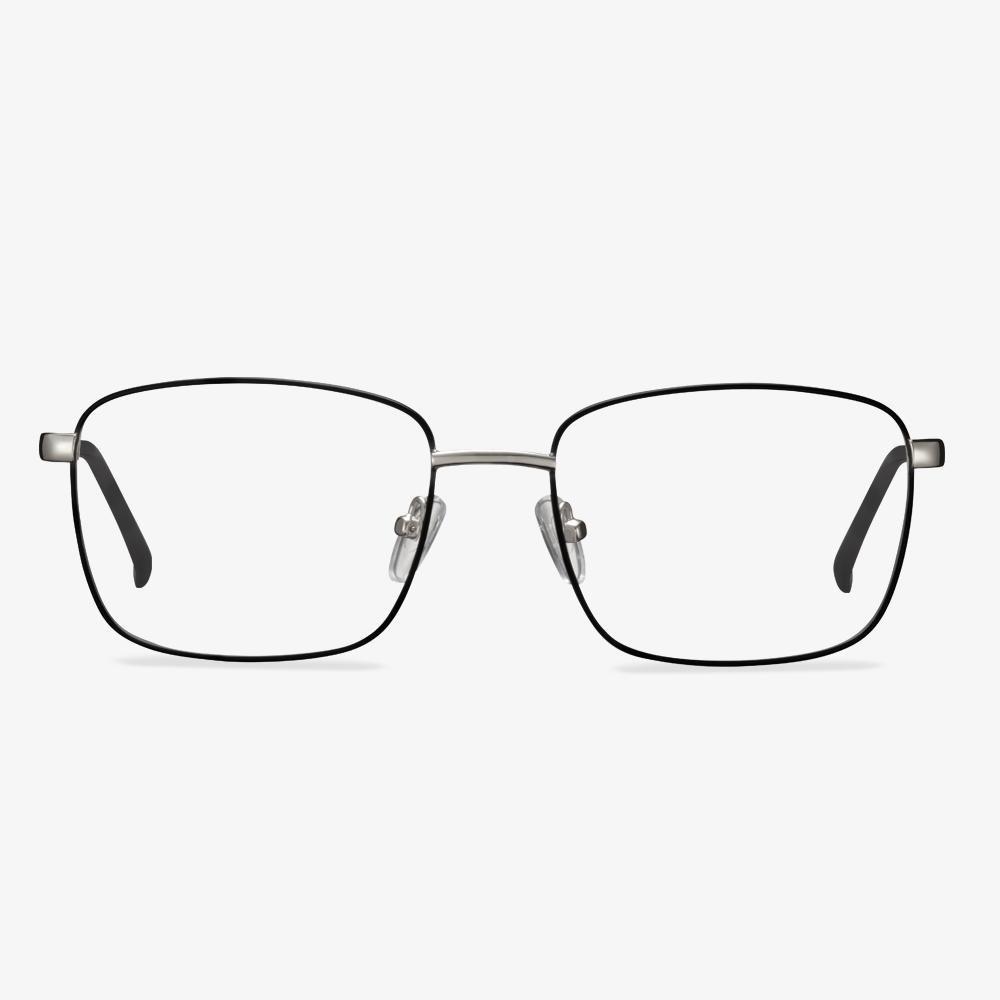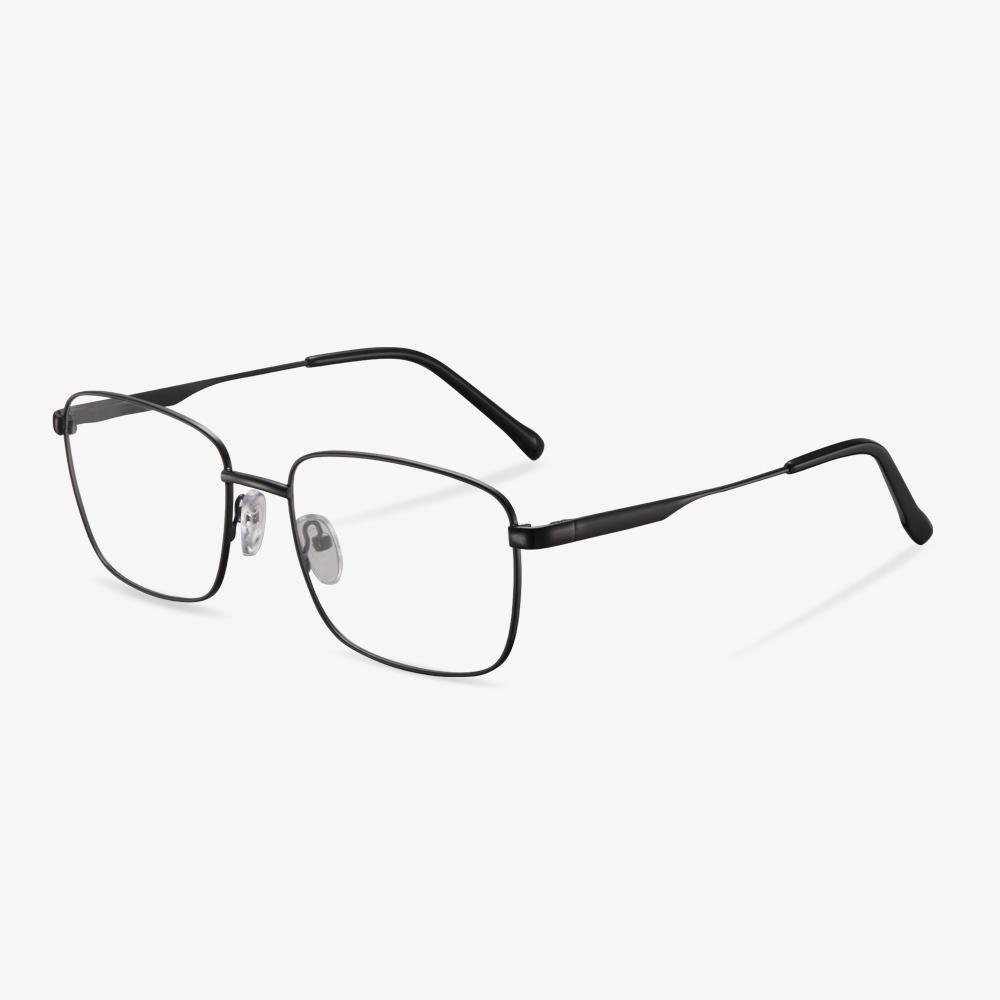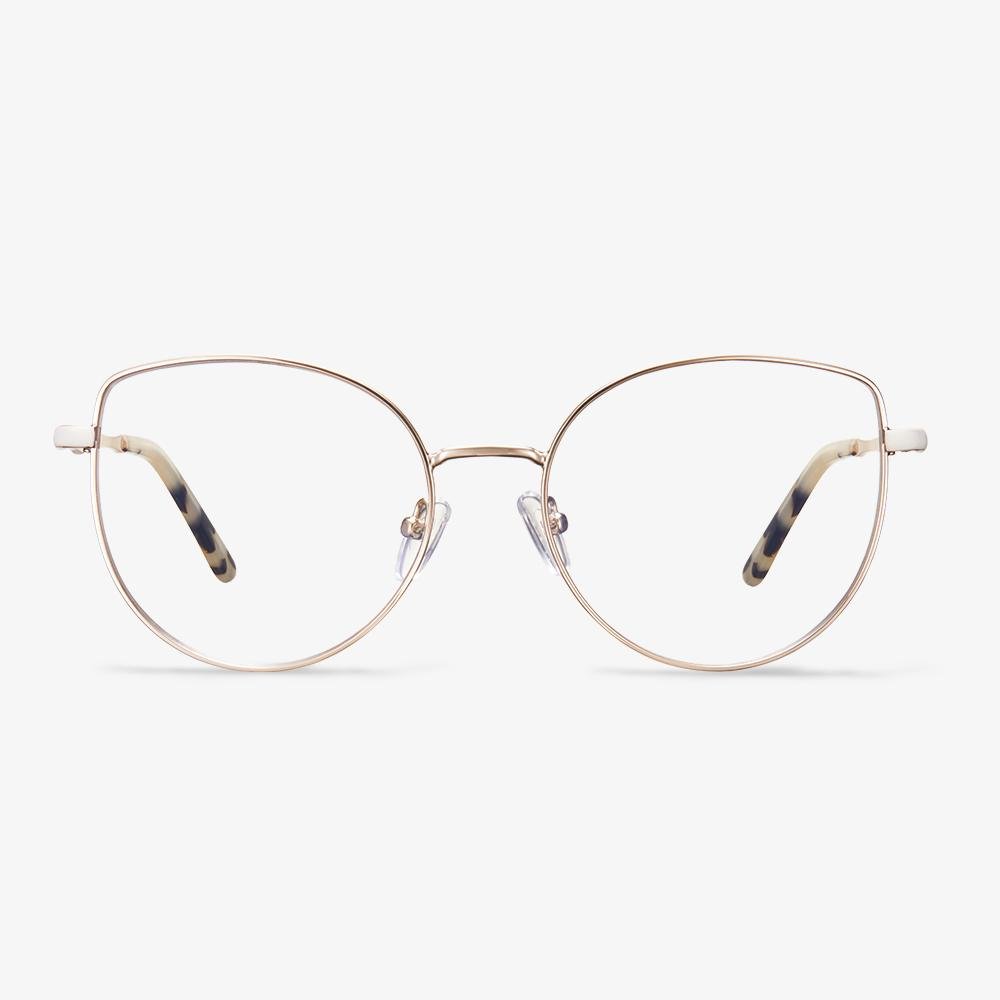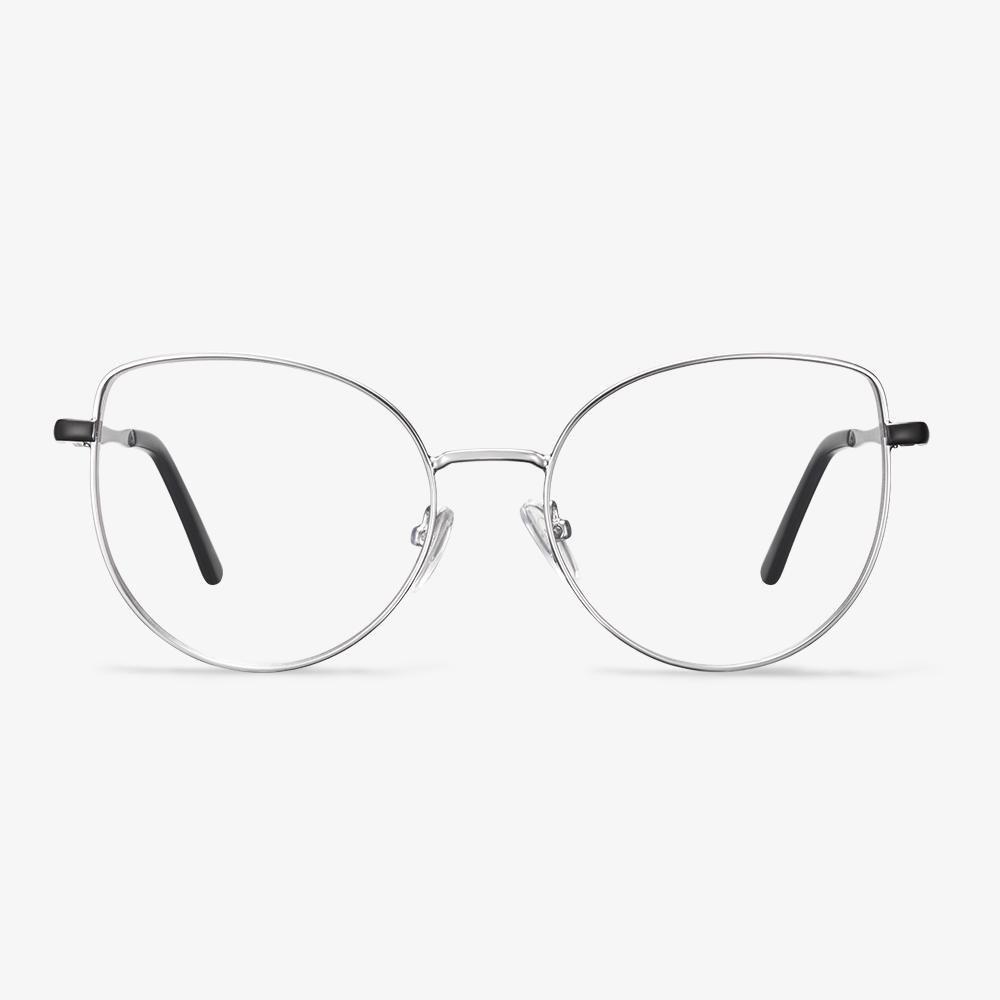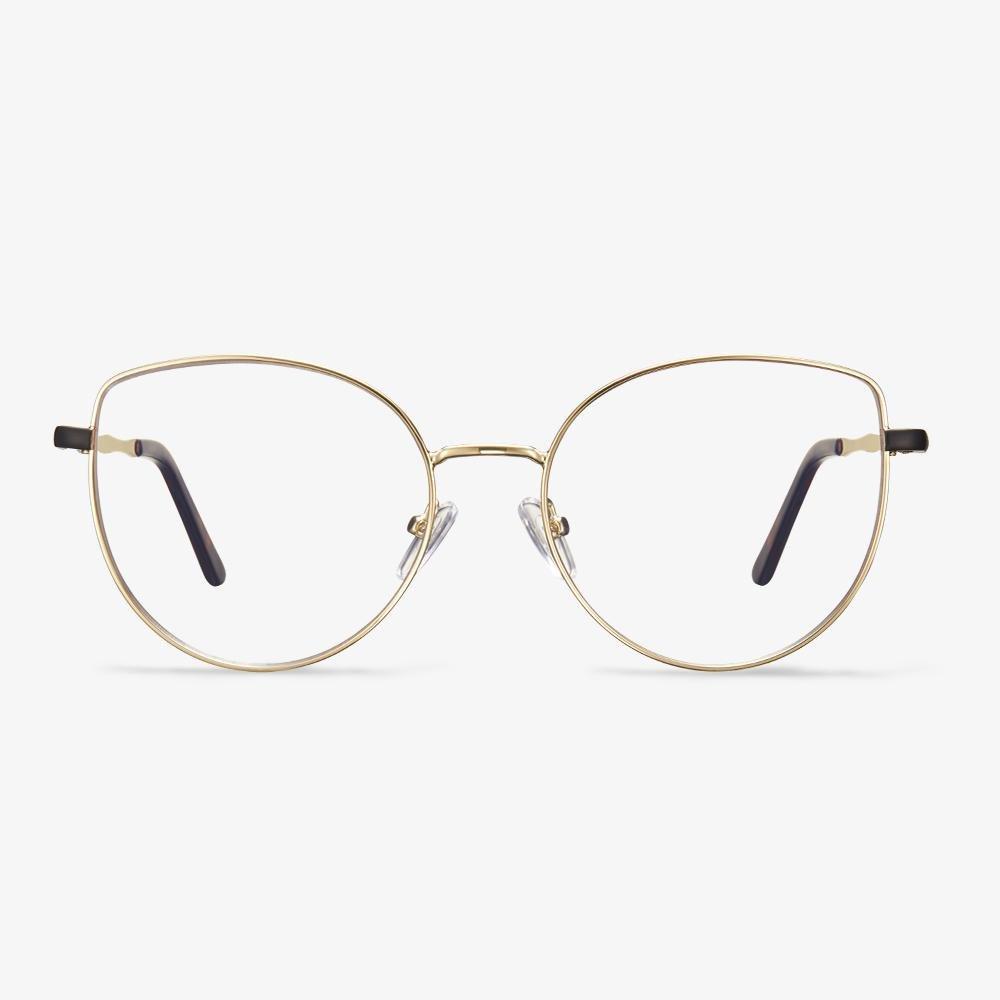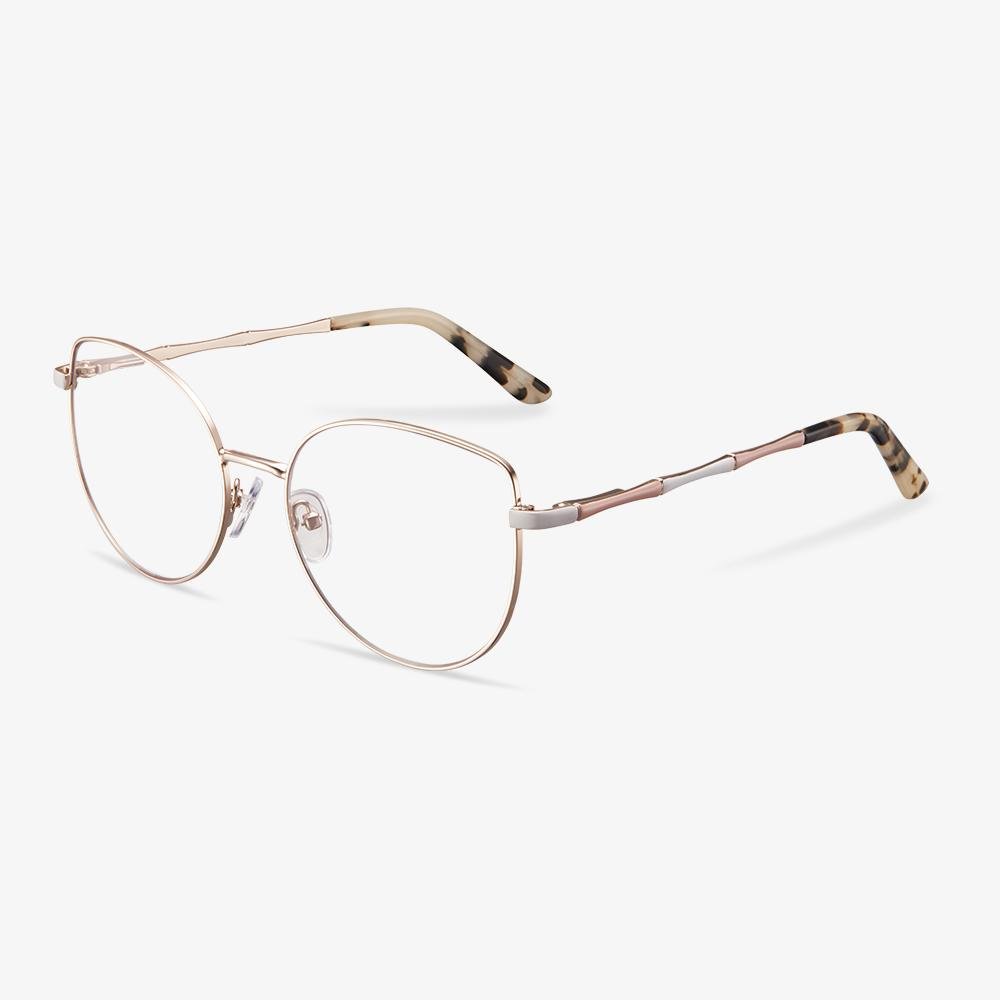What is cellulose acetate?
Cellulose acetate refers to a thermoplastic resin obtained by esterification with acetic acid as a solvent and acetic anhydride as an acetylating agent under the action of a catalyst. It is the first commercially produced and continuously developed fiber among cellulose derivatives. Vegetarian organic acid esters.
In recent years, the glasses chain has developed fastly, especially in large and medium-sized cities. The professional glasses stores use their own technical force, progressive optometry equipment, and years of store reputation, which drives the whole industry to improve the quality of products. Nowadays, with the development and expansion of the eyewear industry, eyewear chain stores have become the main force of eyewear product sales in China and even the world. Moreover, tens of thousands of people are directly or indirectly engaged in the operation or management of eyewear chains or related to them. The eyewear industry provides us with a large market and benefits.
Cellulose Acetate
Acetate is a kind of thermoplastic resin obtained by esterifying acetic acid to acetic anhydride under the action of a catalyst. Acetate is resistant to water, gasoline, mineral oil, and lipids, weak alkaline solutions, and acids, excellent weather resistance, not resistant to ethanol, strong acids, and strong alkaline solutions. During thermoforming, it is very necessary to dry the material before forming. Acetate was born in the early 20th century, and was successfully trial-produced and industrialized by the UK in the early 1920s. At present, it is the second-largest variety in cellulose fiber after viscose fiber. Acetate can be used to make textiles, cigarette filters, film bases, and plastic products.
How To Choose Better Night Driving Glasses?
Choose and buy glasses to use a special night with anti - strong night driving lens. The demand is to block 80-90% of the strong lights and harmful lights, and at the same time to make the road more clearly. Choose glasses with thicker lenses, they are more durable and protect the eyes of drivers against irritation and accidental breakage. As common sunglasses and color-changing glasses are only suitable for daytime wear, wearing them at night will seriously affect the driver's vision.
Common light yellow night driving glasses can only block a small amount of light, and is not very suitable for night driving glasses standards. Therefore, in the choice of lenses of night driving glasses, we must do the selection and demonstration of the national authority of the formal institutions to test products, to achieve the desired effect in actual use. Don't buy products that are not up to standards from vendors. Such products not only do not block the lights but may affect the driver to see the road ahead, affecting the safety of the train operation.
Should face shape be considered when wearing rimless glasses?
In our life, we will see a lot of people who wear rimless glasses. Compared with full-frame glasses, there is no restriction on face shape and it suits most face shapes. Whether you have a square face, a long face, or a round face, wearing rimless glasses is trendy and beautiful, very popular among contemporary young businessmen and women. Rimless glasses are very easy to wear. No matter what shape your face is, it will feel stylish and beautiful. Rimless glasses are very simple on collocation dresses. And rimless glasses suit most face shapes, so they are suitable for many people.
What Is Polycarbonate Lens?
Polycarbonate was developed in the 1970s for aerospace applications and is currently used for the helmet visors of astronauts and for space shuttle windscreens. Polycarbonate lenses were introduced in the early 1980s in response to a demand for lightweight, impact-resistance lenses. Since then, polycarbonate has become standard for safety glasses, sports goggles, and children’s eyewear.
Polycarbonate glasses are thinner and lighter than regular plastic lenses. They provide 100% UV protection and are up to 10 times more impact-resistance than plastic or glasses lenses. Polycarbonate glasses also offer clearer and more comfortable vision if an anti-reflective coating is applied to the lenses, which can eliminate distracting lens reflections that interfere with vision, particularly when driving at night or in other low-light conditions when glare sources are present.
However, polycarbonate lens is a naturally soft material, making it more subject to scratching without adequate protection with a scratching-resistant coating. Polycarbonate glasses have high dispersion due to its low Abbe value of 30, causing chromatic aberrations.
Proof Eyewear
The origins of Proof Eyewear date back to 1954. The company went global from garage to sustainable eyewear in just a few years. They provide products handmade from sustainable materials, including sustainably sourced wood, biodegradable cotton-based acetate, and recycled aluminum. The acetic acid Rx series features an environmentally friendly frame and hand-layered cotton-based acetate fiber. It is a completely renewable, biodegradable, hypoallergenic alternative to petroleum-based plastics. Some styles come with sustainable wood or metal detailing, and most come with clear or blue-light lenses. Wood harvesting is one of the best sustainable sources of handmade wood. The hand-layered structure creates durability with a unique environmentally friendly design. All frames come with stainless steel spring hinges and a hand-polished waterproof/perspiration resistant natural plant-based sealant.

